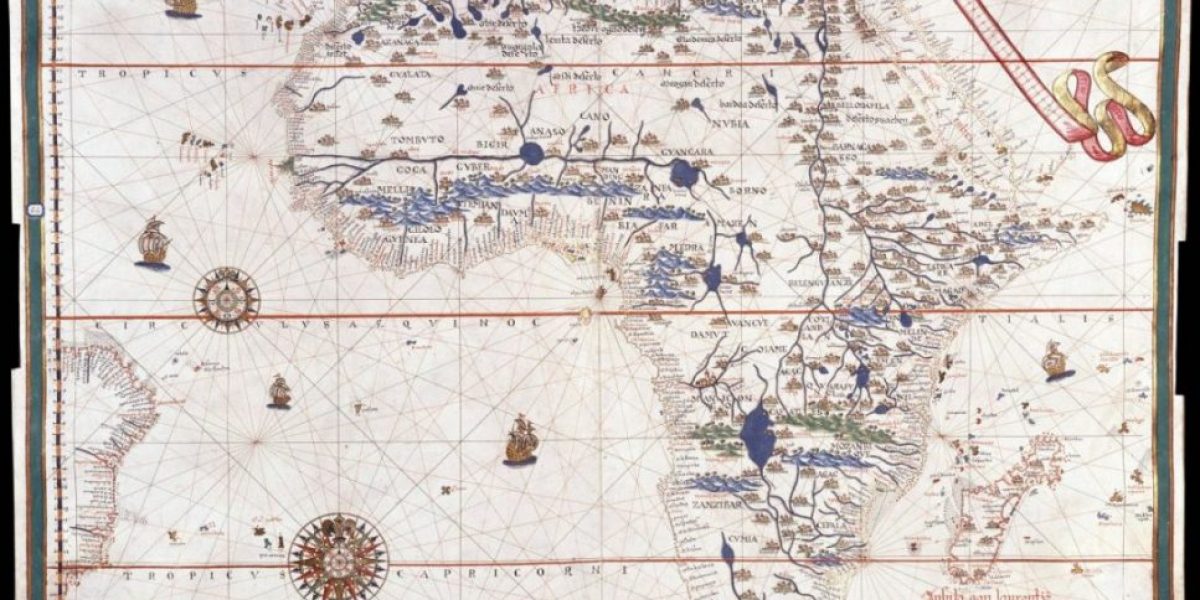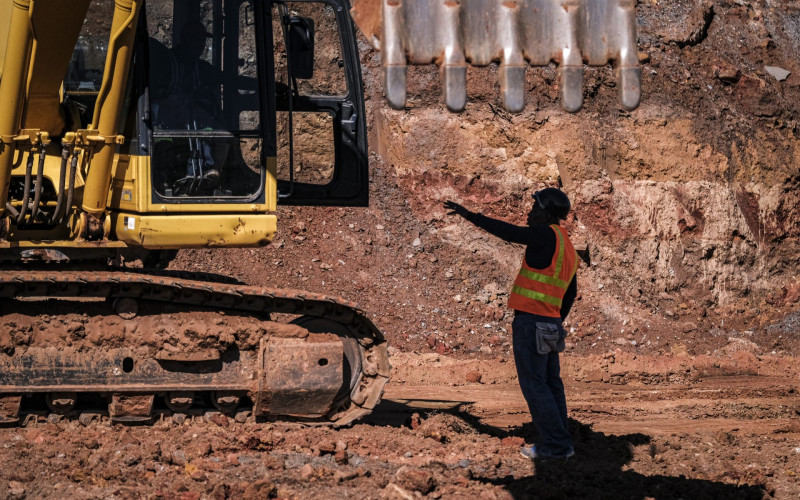What should this report contain? The problem for Blair and his fellow travellers is not that they lack the best intentions. The commission’s establishment is an indication of the priority the UK prime minister has attached to Africa, which, he has said, is a “scar on the conscience of the world”. The commission is to “seize 2005 as an opportunity to make a difference for Africa”, using the coincidence of the UK’s chairmanship of both the Group of Eight (G-8) and, in the second half of next year, the European Union. Launched this February the commission is examining “Africa’s past and present, and the global community’s role, in order to agree clear recommendations for the future”.
The 17 commissioners (nine from Africa) will contribute in each of the “six principal thematic areas”: the economy, natural resources, governance, peace and security, human development and culture, and “participation”.
The commission also benefits in not having to carry out the sort of pathbreaking work on economic and trade policy that has characterised past external interactions with Africa, especially during the 1980s and early 1990s. Africa has, with a few notable exceptions (such as Zimbabwe), largely accepted the logic of economic liberalisation and deregulation. But the results of such reform have often been disappointing.
Regimes that undertake such measures are almost inevitably politically vulnerable as a consequence, so reform in countries is often episodic.
Although it is accepted policy wisdom that economic growth and private investment are necessary, if insufficient, conditions for African stability and prosperity, private investment in Africa is inhibited by low returns, lack of absorptive capacity of this investment and the comparative “hassle” factor of doing business in Africa.
It is also increasingly clear that liberalism by itself is not enough: simply hoping that countries will be able to pick themselves up by opening up their economies and reducing, even eliminating altogether, statist influences and practices has not resulted in levels of investment necessary for high rates of growth, more than double the current level of African savings to gross domestic product ratios.
The problem for Blair’s group is also not that this initiative will detract from the New Partnership for Africa’s Development (Nepad) and other contemporary programmes intent on carving a new developmental and political agenda for Africa. In fact, the commission is largely complementary to Nepad in its intent and focus.
The key challenge for the commission is simply to say something different that can galvanise action inside and outside the continent on African development matters. So what can it usefully achieve?
Perhaps the most useful thing the commission can attain is to set priorities both for Africa and the G-8 in its interactions with the continent.
Africa is bedevilled by lists of priorities, ranging from establishing the African Union and its institutions and agencies to the multitude of development processes and infrastructure priorities under Nepad.
The Nepad short-term action plan alone has 124 projects. This plan is to be achieved largely through the activities of Africa’s 13 regional economic communities including, in southern Africa, the Common Market for Eastern and Southern Africa (Comesa) and the Southern African Development Community (SADC). But these bodies, too, apparently have a pathological inability to focus.
The SADC’s regional integration project listing has now been “streamlined” to include an astonishing 250 projects. Although this has been halved from the earlier list of 500-plus “priorities”, it still reflects a failure of political will in dealing with the tension between national and regional interests. Comesa’s transport and communications project portfolio includes a similarly daunting list of 160 projects, hitherto largely unfunded and, like the SADC’s, probably unfundable.
The Africa Commission has to focus on dealing with the most serious challenge for Nepad that it runs the risk of failing to visibly roll out its infrastructure plan and stalling in the face of high expectations in Africa and, especially, abroad. The African Development Bank and World Bank have together funded 650m of the $8,1bn Nepad short-term action plan. Most of the difference has to come from the private sector. But, critically, there is little evidence of the sort of public-private partnerships that will have to underpin African development.
Africa’s overarching challenge is that which has been discussed continuously for the past two decades: of the need for ongoing, sustained and far-reaching social, political and economic reforms. But going down and sticking to this path requires both a combination of reward and penalties. The commission and Africa need visible, tangible and not merely rhetorical successes.
Fundamentally the commission can assist in a way that goes to the heart of Nepad by assisting in creating the conditions that will offer a commercial logic to investment in Africa. The challenge is for African countries to find policy prescriptions beyond just simply “creating an enabling environment”.
Instead of hoping that investors will descend because they have reformed (and then being disappointed when they don’t), African countries have to be absolutely clear about what investors want, and go about providing this. Infrastructure and economic policy have to follow from specific investor needs.
Put differently, Africa needs to develop distinct, country-by-country strategies to encourage investment to allow areas of comparative advantage to develop. It is not simply enough to liberalise.







